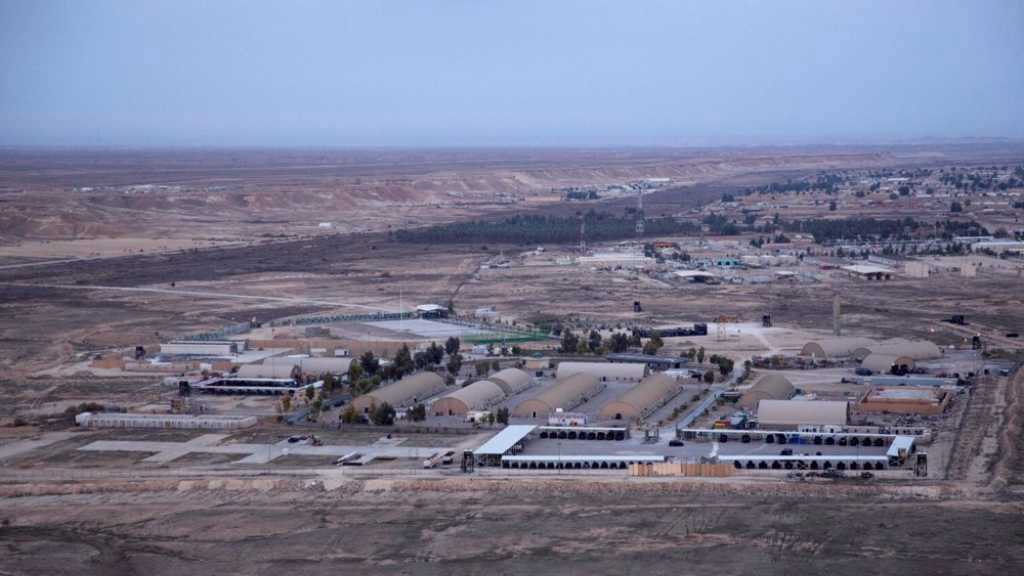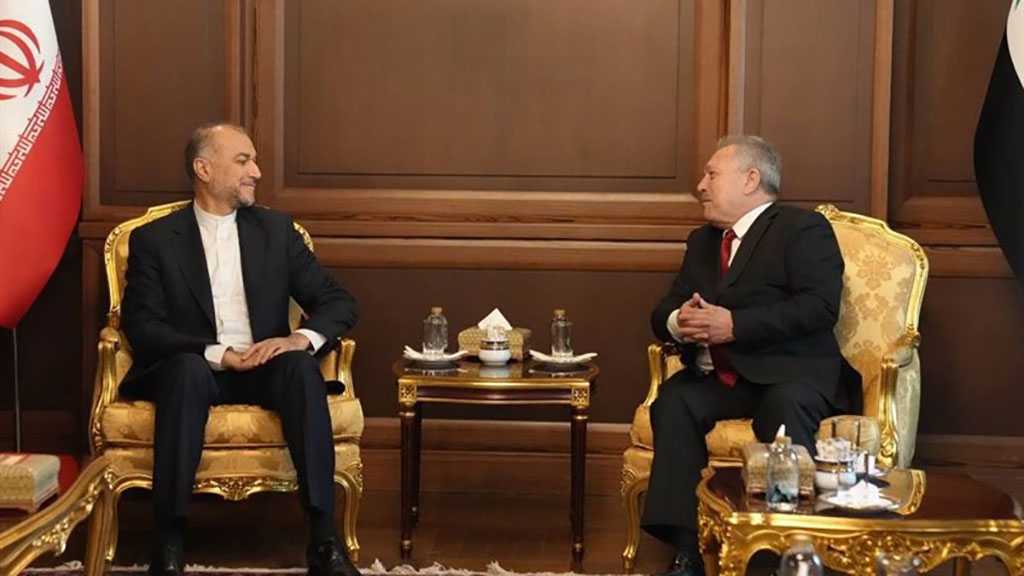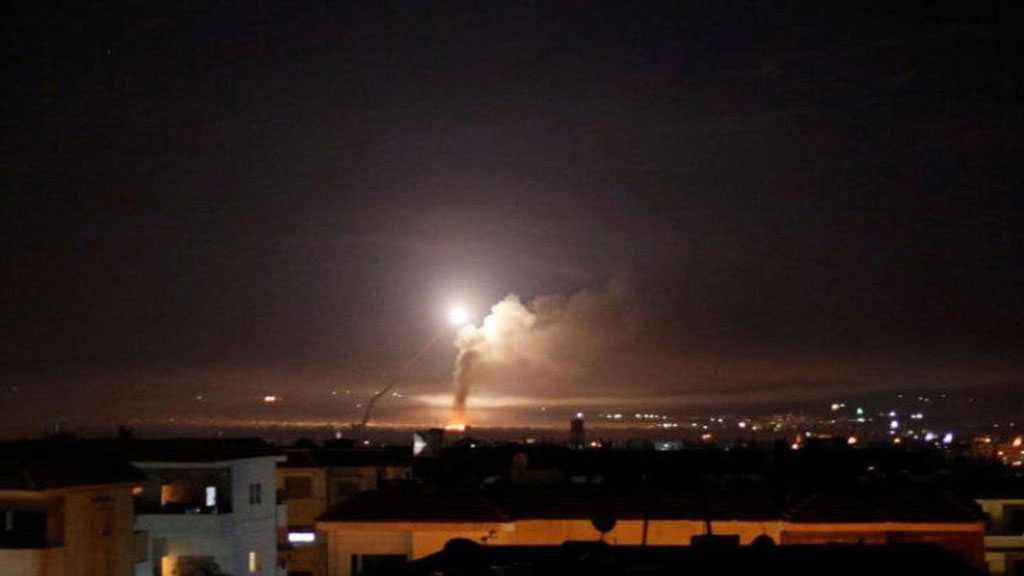
UN Disarmament Chief: Irregular, Nongovernmental Forces in Syria may Have Chemical Weapons
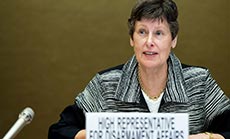
Local Editor
United Nations disarmament chief, Angela Kane, revealed Monday that "even before the destruction of Syria's chemical weapons can proceed further, the job of verifying the Syrian inventory is already surrounded by unaddressed questions and obscured by gray areas."
 "Whether this unprecedented mission succeeds or fails, and why, will hold lessons for the future, not only because other governments may be tempted to use poison gases on their own people [as Iraq did in 1988] but also because of the real possibility that irregular, nongovernmental forces may acquire such weapons to use in civil wars or acts of terrorism," she noted.
"Whether this unprecedented mission succeeds or fails, and why, will hold lessons for the future, not only because other governments may be tempted to use poison gases on their own people [as Iraq did in 1988] but also because of the real possibility that irregular, nongovernmental forces may acquire such weapons to use in civil wars or acts of terrorism," she noted.
"This was totally dramatic, very unexpected," said Kane, who holds the rank of UN undersecretary-general and the title of high representative for disarmament affairs. "I think the investigation mission was really important because it set in motion a thinking process, and also a collaborative process between Russia and the United States on this framework agreement that they concluded in Geneva."
Although Syria (like any other country under the Chemical Weapons Convention) is responsible for destroying the outlawed weapons, Kane said, the Syrian government has already told international officials that it is not able to do the job, usually a long, highly technical and very expensive process.
There have been suggestions that the UN use peacekeeping troops, Kane said. She dismisses that idea as unrealistic. "I think we all agree it cannot be, because how long would it take? How long does it take us to raise the troops? They have to be equipped and trained. They have to be flown in. It's just not feasible. I think we have [to find] some other way."
Kane said that there are still huge uncertainties about the sites on the Syrian list. "The inspectors now have to go and visit those sites, catalogue them, check the inventories from the list that they have and then basically seal them and secure them so that no one can get at them. And these sites are, of course, in various locations. We know that the sites [on the Syrian list] are in government-held territory. But we are also aware that they apparently have had previous sites which are now in rebel-held territory, which they evacuated, and that's where the question comes in: Is there anything there that could possibly not have been taken out in time that has fallen into rebel hands? What else is there? What else could there be?"
"Syria as well as the Russian Federation have said that the rebels do have chemical arms and agents," Kane said. "We don't know that."
In Syria, she said, the UN waits for the judgment of the OPCW team. "They will be the ones to say yes, or whatever, to what the Syrian government has given us [about what] is in the warehouses. That basically has to be finished by November 1, so it's less than a month from now that we actually know what their verdict is on the declaration; whether they actually find that it is correctly done or not."
Source: News Agencies, Edited by website team
- Related News
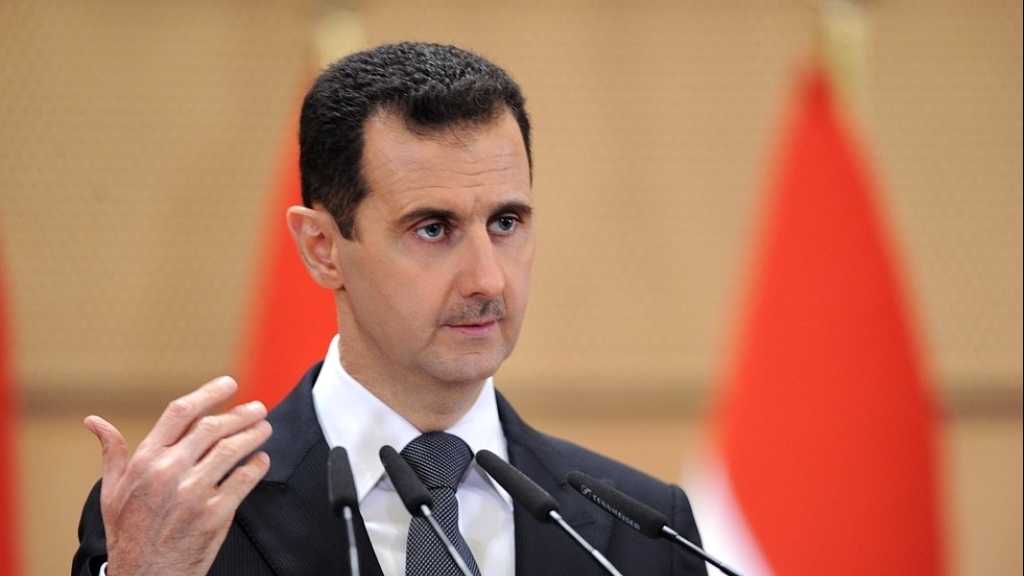
Al-Assad: Palestinian Resistance Defeated ‘Israel’
4 months ago